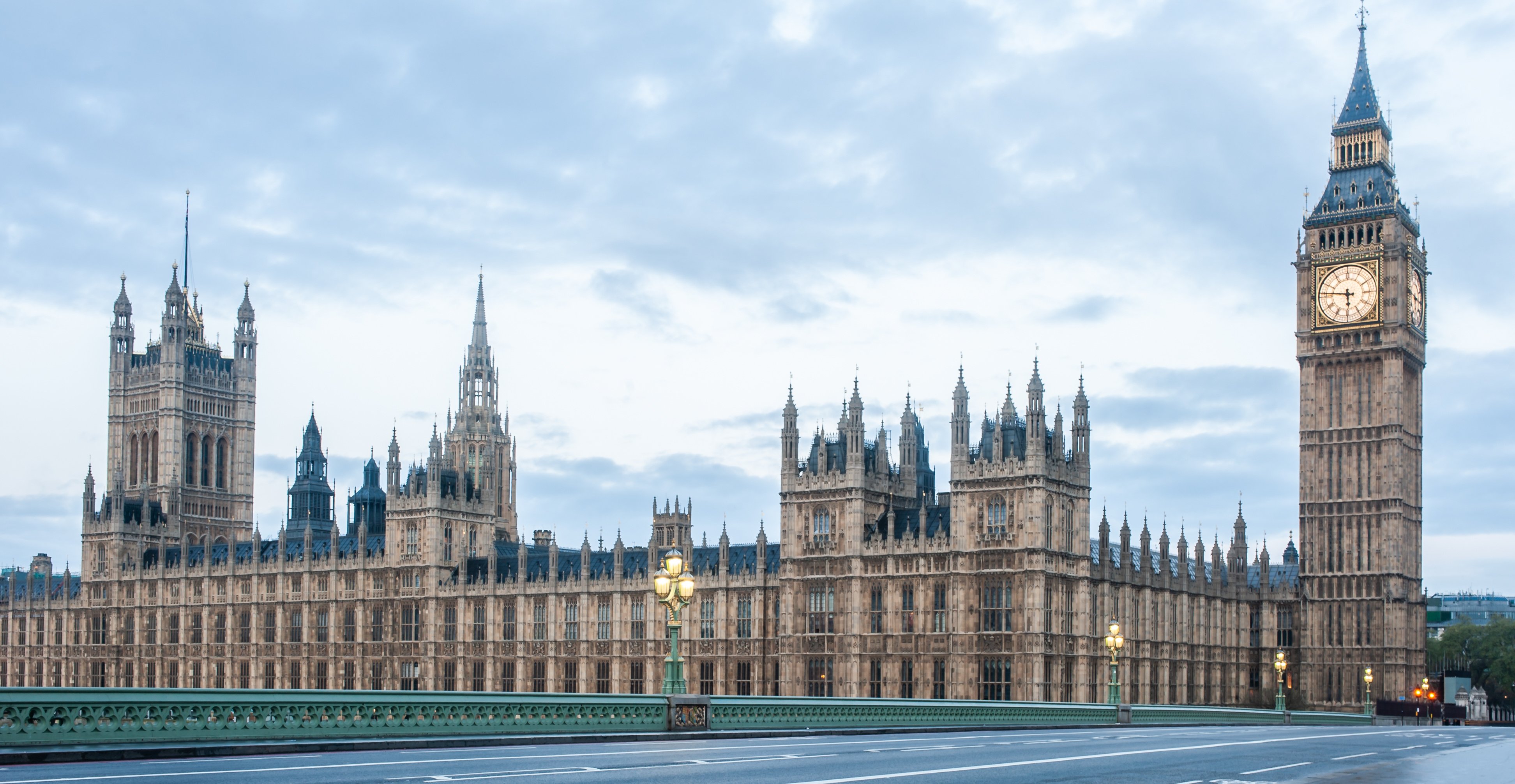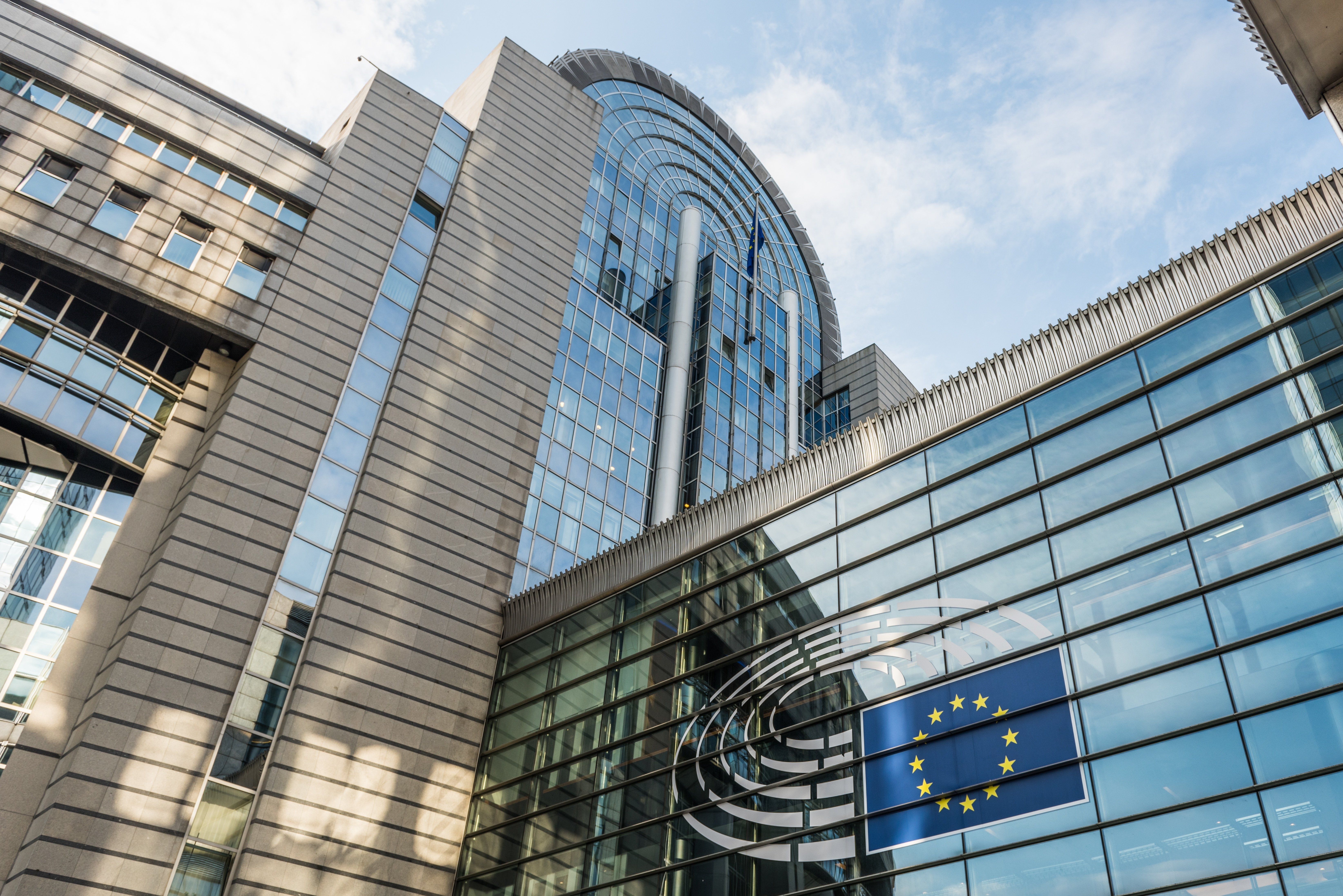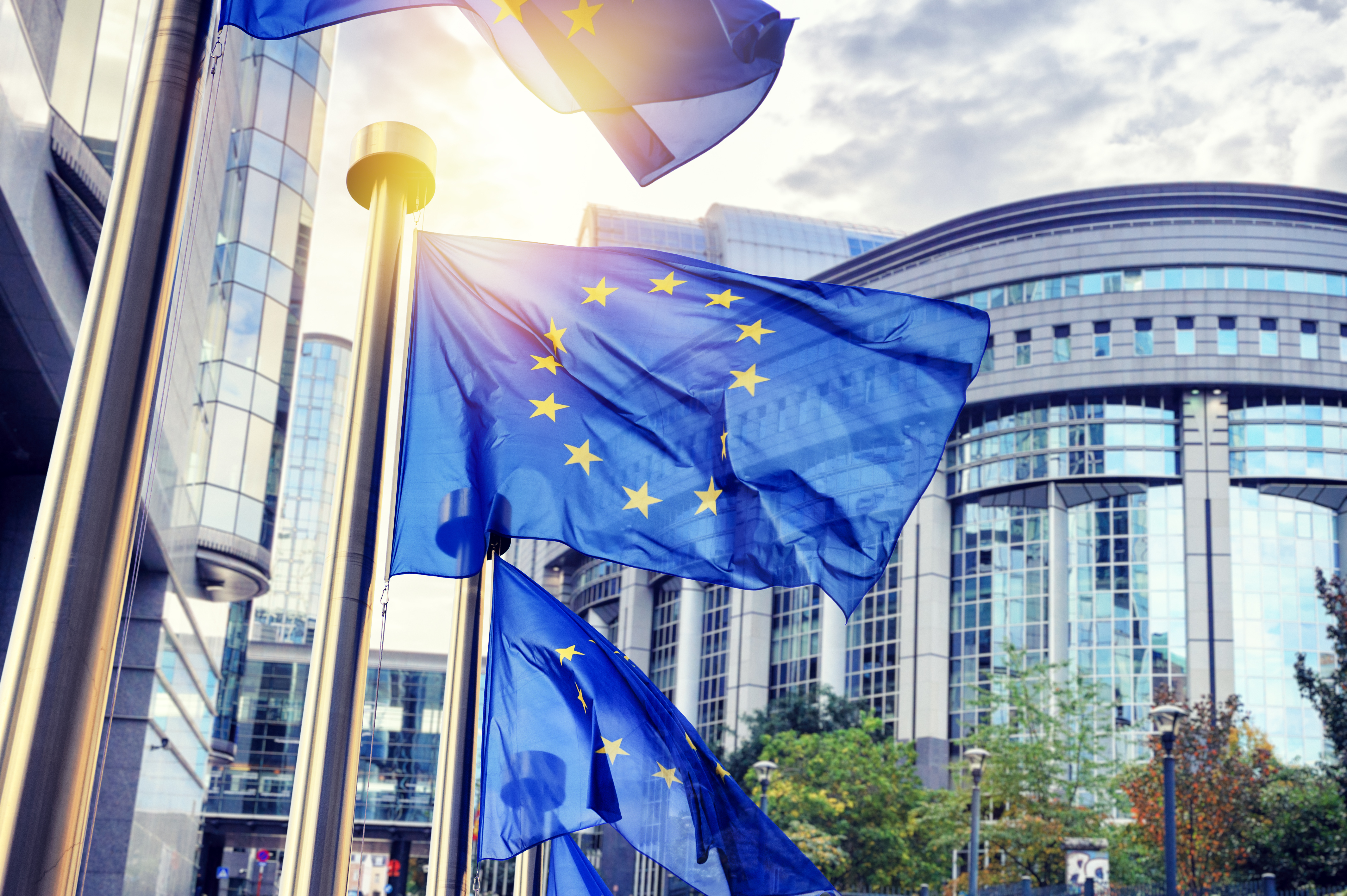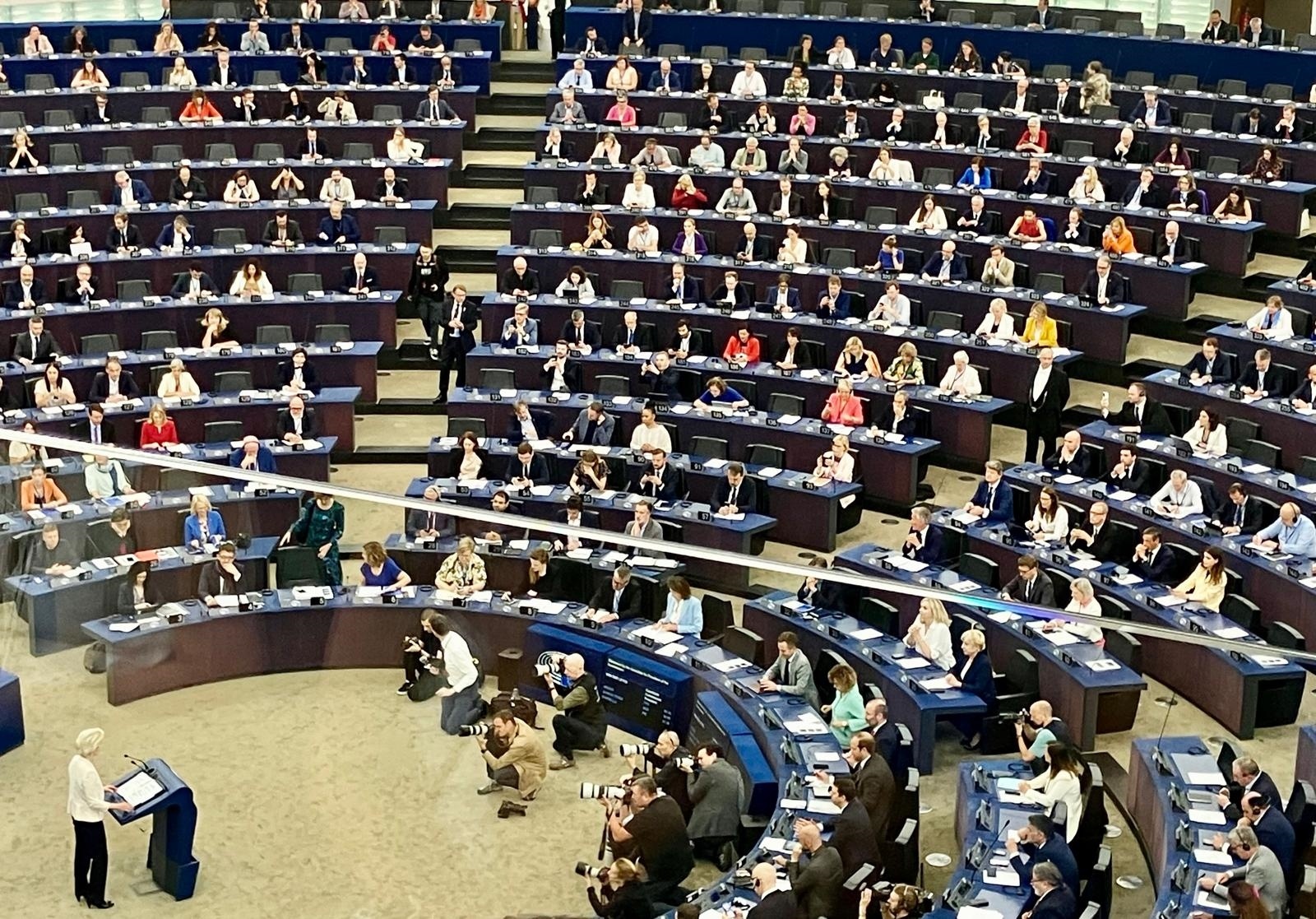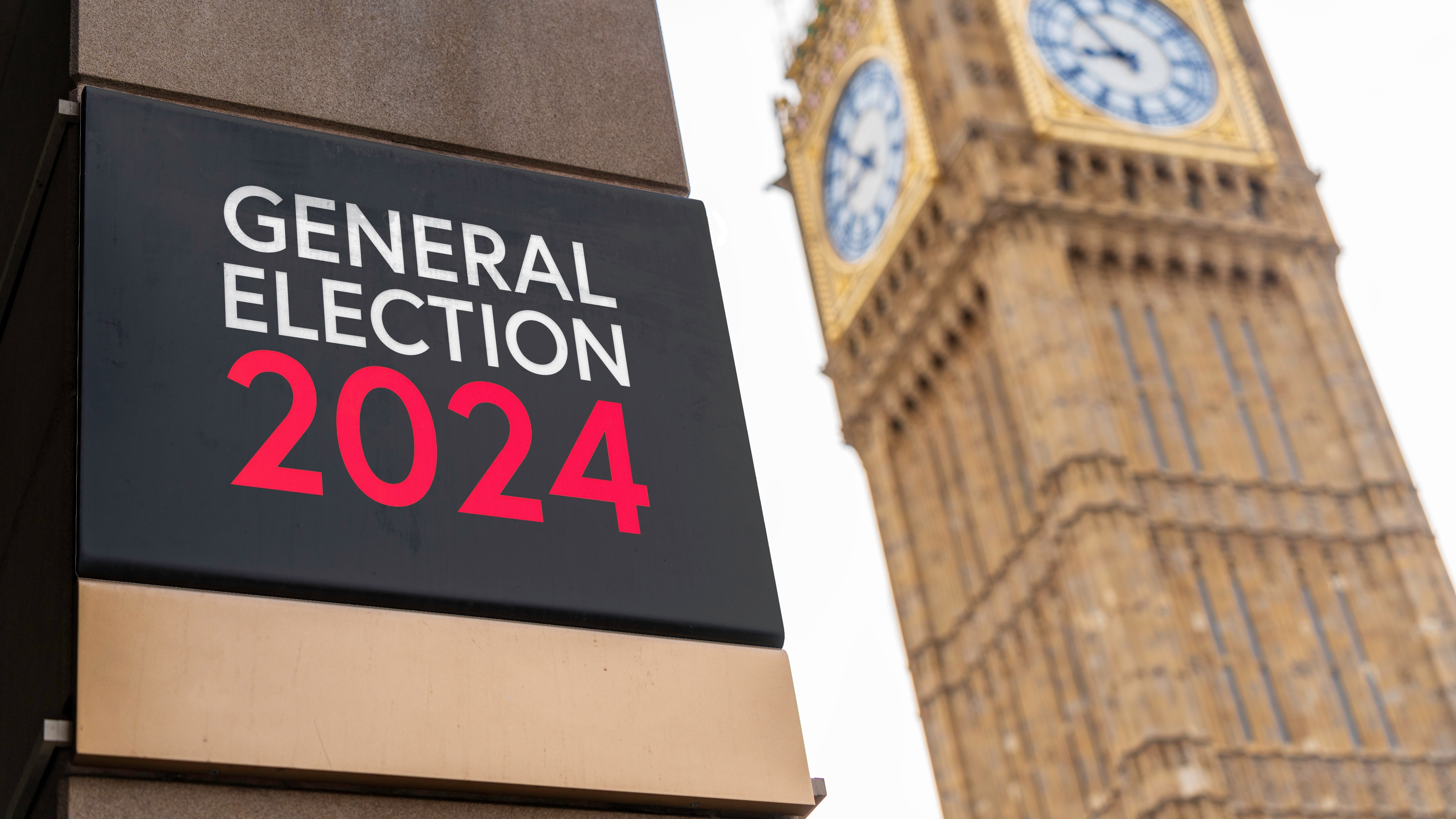Civilian drones will likely be key drivers of growth and innovation. The EU has the rules in place to be a major player, but more urgency is needed to avoid falling further behind global competitors.
Out of Sight: How, and Why, EU Drone Deliveries Should Take Off
Written by Nathan Shepura on 17 Jul 2025
Implications of recent UK government announcements on the tech sector
Written by Sabrina Steele on 12 Jun 2025
The government continues to prioritise tech policy in the UK with London Tech Week, the Spending Review and AI Summit London all highlighting the important role government expects tech to play in driving economic growth. Here are some reflections on what it may mean:
Crazy for quantum
Written by Emma Vivian on 17 Feb 2025
‘Artificial intelligence’ is so 2024! The European Union has two new favourite words when it comes to tech: quantum computing. But what does it mean? Imagine a cat (Schrödinger’s cat, to be precise) alive, dead — and somehow applying for Horizon Europe grants — all at the same time!
What does the AI Opportunities Action Plan offer businesses?
Written by Harry Sidnell on 21 Jan 2025
This blog identifies some of the key recommendations made in each of the recently published AI Opportunities Action Plan’s sections (investing in the foundations of AI, pushing on cross-economy AI adoption, and securing the UK’s future with homegrown AI), highlighting those which offer the most promise to AI developers or adopters. It will then consider how Inline is well-positioned to leverage its tech expertise and relations with government to assist businesses in realising their AI ambitions.
Conversation with MEP Aura Salla
Written by Nathan Shepura on 04 Dec 2024
Dr Aura Salla, elected in June 2024 to her first mandate as a Member of the European Parliament (MEP), is no stranger to EU policy, having worked for many years in the European Commission and for Meta, as the company’s head of EU affairs. She was also elected to the Finnish Parliament in 2023. Since taking up her seat in the European Parliament in July 2024, MEP Salla has advocated stronger EU support for Ukraine and a steady commitment to both the green transition and a more capable and competitive EU — in particular vis-à-vis China and in light of a second Trump administration.
I spoke recently with MEP Salla (whom I will refer to here as Aura) about what she sees as the EU’s major challenges for the new mandate, in particular regarding technology and global competition. Here follows a brief summary of our conversation.
Spotlight on tech at the Labour Conference
Written by Sofia Marchetti on 08 Oct 2024
The Labour Party's annual conference took place in Liverpool from Sunday 22 September to Wednesday 25 September. While the conference did not provide much detailed policy discussion, it was a chance for the new government to communicate its agenda and the role it foresees for tech. In this blog, we outline the key takeaways and policy announcements from tech discussions at the Labour conference.
A conversation with Kai Zenner
Written by Nathan Shepura on 04 Sep 2024
I sat down for an hour-and-a-half in early August with Kai Zenner, longtime policy advisor to MEP Axel Voss. Brussels had emptied for the summer, and we sported shorts and t-shirts at an outdoor café in a quiet Place du Luxembourg. We talked about his background in EU digital policy, and in particular about the future of AI, in Europe and beyond. A recurring theme was the EU’s need to think globally and strategically — rather than along nationalistic or ideological lines — in order to compete and stay relevant. Here’s a summary of our conversation.
Mastering Europe's digital infrastructure needs: the future of European telecoms legislation
Written by Shane Cumberton on 28 Aug 2024
In this blog, we look at the future of European telecoms legislation, including the possibilities for a Digital Networks Act during the 2024-2029 mandate.
What next for cyber security and data protection regulation in the UK?
Written by Matthew Niblett on 16 Aug 2024
In this blog, we analyse the Labour government's planned reforms to the UK's data protection and cyber security frameworks.
Will Breton be back?
Written by Igor Ramage on 26 Jul 2024
In this blog, we investigate what role current French Commissioner for Internal Market Thierry Breton might play in the upcoming European Commission.
Supreme Court decision to overturn Chevron Deference signals shift in regulatory abilities
Written by Sameer Surti on 25 Jul 2024
On 28 June, the US Supreme Court overturned the ‘Chevron deference’, an administrative law principle allowing federal agencies to interpret and implement statutes with the understanding that federal courts would ultimately defer to those agencies’ interpretation of ambiguous laws. In this blog, we will go over the Supreme Court’s ruling and the implications it could have on the technology sector, with a particular focus on AI.
European Parliament gets to work
Written by Nathan Shepura on 23 Jul 2024
European Commission President Ursula von der Leyen has won a second five-year term. Her focus will be competitiveness, security and sustainability — defined less by green ideology than a push for clean industrialisation. With the European Parliament’s committees now formed, work will start in the autumn: to vet commissioners-designate, and vie for political control of the new programme. In this blog, we explore the key committees and committee members for the tech sector.
King’s Speech – the UK’s legislative programme for the tech, climate, and energy sectors
Written by Mitali Sud on 18 Jul 2024
On 17 July, King Charles III delivered the King's Speech, outlining the government's legislative programme for the new parliamentary session. The government has announced 40 bills which aim to unlock growth and ‘take the brakes off Britain’. This blog examines the proposals affecting the tech, climate, and energy sectors, and what business should expect as the government introduces legislation.
What does Labour’s election win mean for the tech, climate and clean energy sectors?
Written by Pia Doering on 05 Jul 2024
The electorate has given Labour the second-largest majority (after Tony Blair in 1997) in British parliamentary history since Clement Atlee led a Labour Government in 1945. While the result needs to be qualified by the low voter turnout (at an estimated 60%, it was the second-lowest in post-war history) and the low share of the vote that Labour obtained (at only approximately 34%), the size of its majority means the party will have a largely free hand in pushing its agenda through parliament. Now that the UK has a new Prime Minister, a new parliament, and, shortly, a new cabinet, we look at what Labour’s victory could mean for the tech as well as the climate and energy sectors.
What did the 2019-24 Parliament do for the tech sector?
Written by Matthew Niblett on 30 May 2024
In advance of the General Election on 4 July, Parliament has been formally dissolved. This Parliament, constituted following Boris Johnson’s landslide election victory in December 2019, has passed several pieces of important tech legislation, though some others have fallen by the wayside in the rush to finish business before dissolution. In this blog, we examine what the 2019-24 Parliament, and the government which commanded a majority within it, did for the tech sector.
 Insights from Inline Policy listing page
Insights from Inline Policy listing page
